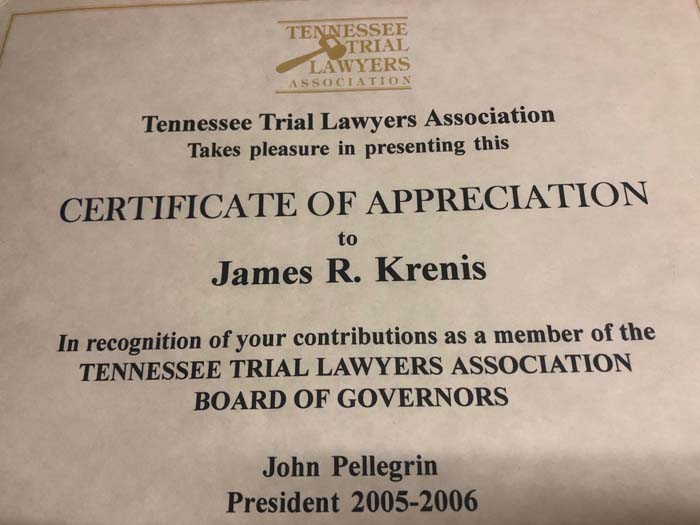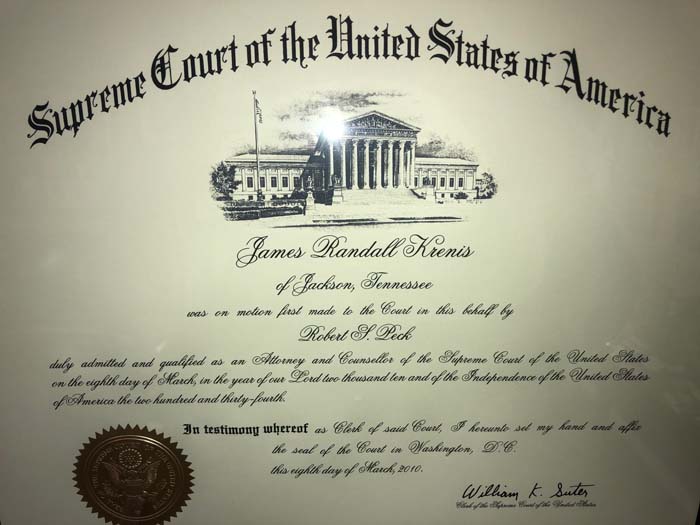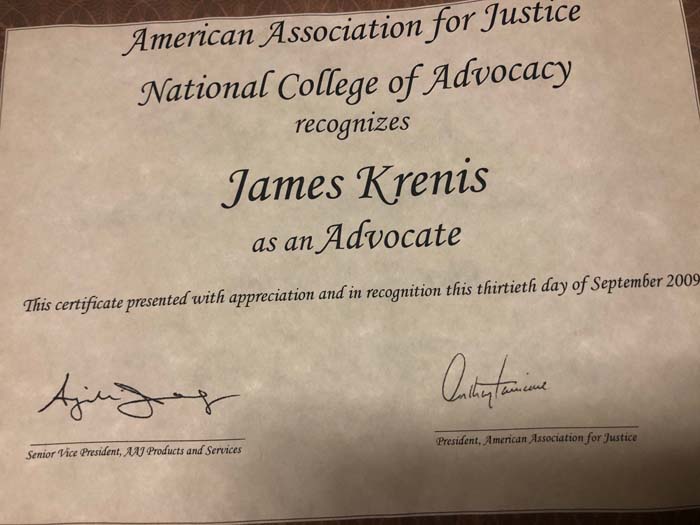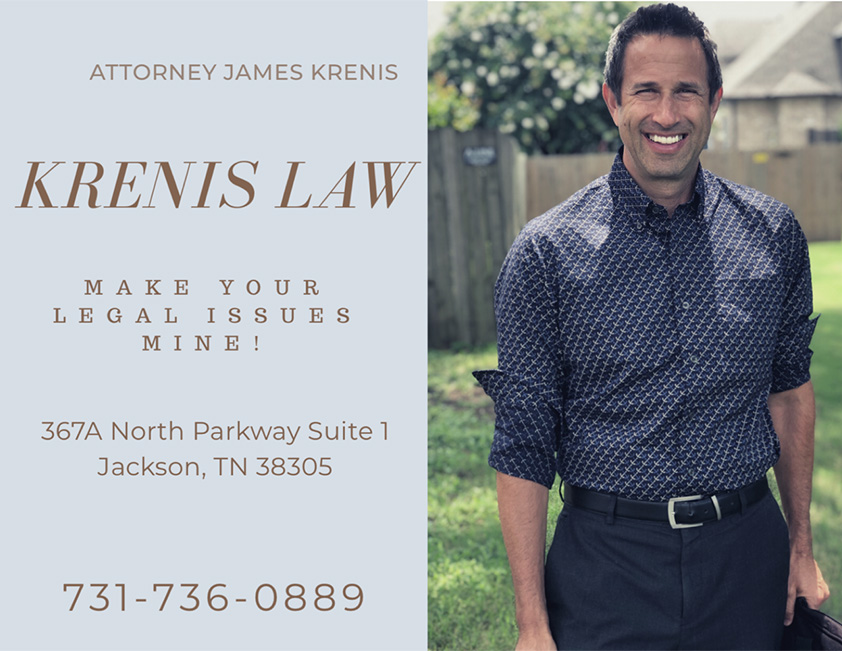Many people want to believe that insurance companies exist to help injured people and pay legitimate claims. Unfortunately, this is often not true. The reality is that insurance companies exist for profit, just like other businesses. Check the salaries of their executives. They take premiums, investigate claims, and sometimes pay. If you or someone you know is in an accident caused by someone else and you (or they) are seriously injured or killed, expect the insurance company to reach out to you. While claims that are not legitimate should not be paid, insurance companies get to keep the premiums and not pay out by trying to show that your claim is not valid.
Insurance adjusters often act fast because they want to get through to you before you have had time to think about your accident or the related expenses. They definitely don’t want you to get a lawyer, even though we don’t charge you a dime! They want to resolve the issue before you have had time to realize the extent of injuries you have suffered. They may be engaging, conversational and approachable. They may seem friendly and concerned about you, but do not be fooled. They are not there to help you or your situation. They work to maintain the best interests of the company that pays them.
Nine Most Common Practices Used By Insurance Adjusters to Eventually Reduce or Deny Your Case:
- Advising you to not get a lawyer and trying to make a settlement.
The adjuster knows that an attorney will make their job more difficult, as a lawyer will not let them get away with paying you less than the law would give. Negotiating a settlement is never easy and the insurance adjuster knows that as long as you do not have an attorney, they have the upper hand.
- Asking for a recorded statement.
Adjusters want you to say something that will hurt your case. It may be taken out of context. Even just saying you are “fine” when asked how you are doing in regular conversation with the adjuster can be used against you, if you are claiming injuries after a car accident. Warn family members and friends not to make any comments about your accident to anyone if they are approached.
- Denying liability for paying a claim.
There are a multitude of ways in which an insurance company may deny or limit their liability for paying a claim. The insurance company may try to say the accident was your fault, that you contributed too much to the cause of the accident, that it was not covered by the policy for some reason, or that another party under another policy was at fault.
- Delaying payment of your claim.
By delaying payment of your claim and making you endure the struggle of lost wages and medical expenses without compensation for a period of time, adjusters know that you will likely “crack” under the pressure and sign for a lesser amount than you deserve, just to gain the quickest payment possible. If a year goes by from the date of the accident, you may be legally blocked from getting anything at all.
- Promising to give you a fair settlement and claiming to be on your side.
The adjuster is working for the best interest of the insurance company. Their salary, security and future with the company usually depend on the outcome of their cases and how much money they have saved their company. This means that your needs are the opposite of what the company’s needs are.
- Asking you to sign an authorization for the adjuster to obtain your medical records.
By signing the authorization for your medical records, the adjuster can learn all sorts of personal details about you. Whatever they find can be used against you, even creatively. They want to discredit you and show that your injury is false or from prior issues. You should never sign any authorization without your lawyer’s advice to do so.
- Disputing your damages and medical needs or trying to attribute these to a pre-existing condition.
Adjusters will often play the role of licensed medical doctors and claim that provided treatments were unnecessary, too expensive or took too long to provide. Insurance adjusters are not doctors and are not qualified to make such accusations.
- Having you agree to a quick settlement with signing of a full release.
You may be offered an on-the-spot small settlement in exchange for signing a full release from other damages. You will not have had time to realize the full extent of your injuries and seek treatment from qualified medical professionals. You should never sign any release without your lawyer’s advice to do so.
- Conducting surveillance.
When you claim injury, the insurance company may hire investigators to watch you and record or photograph your movement and activities. They do this to disprove your injuries. Of course, honesty is key in such a case and you should not claim injuries you do not have. But even in fully honest circumstances, creative photography can provide a false impression that you are not injured. Insurance investigators use clever ways to watch your every move. They dress up as delivery people, utility workers, repairmen, etc., and you’ll never know who they really are. They talk to your neighbors about your activities to try to catch you doing things you said you couldn’t.
Call Krenis Law for a FREE consultation if you or someone you know has been injured in an auto accident. 731-736-0889





